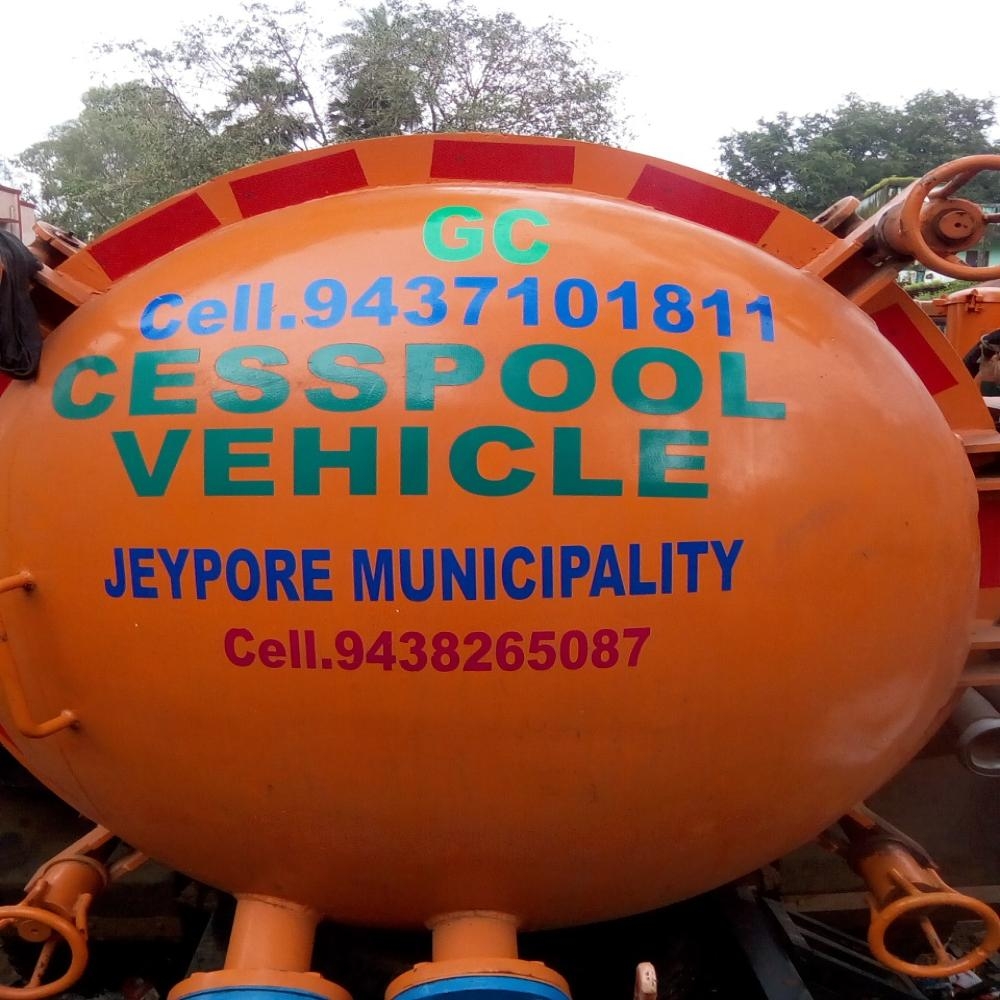
Faecal Sludge Management (FSM) is a vital but often overlooked aspect of sanitation systems. It refers to the safe collection, transport, treatment, and disposal or reuse of faecal sludge from non-sewered sanitation systems such as pit latrines, septic tanks, and public toilets. In many developing regions, effective FSM can play a transformative role in improving public health, safeguarding the environment, and enhancing the quality of life.
Why Faecal Sludge Management Matters
Around the world, over 2 billion people rely on non-sewered sanitation systems. Without proper FSM, untreated faecal waste often contaminates water sources, soil, and living environments, leading to serious health risks. Diseases like diarrhea, cholera, and typhoid thrive in such conditions, especially in densely populated urban areas. FSM ensures that human waste is managed safely, reducing the spread of disease and contributing to healthier communities.
Key Steps in Faecal Sludge Management
Collection
The first step is the safe removal of faecal sludge from containment systems.
This involves using vacuum trucks, manual tools, or other equipment to empty
septic tanks and latrines periodically.
Transport
Once collected, the sludge must be transported to a treatment facility.
Properly designed and maintained vehicles ensure safe and hygienic
transportation, preventing spills and contamination.
Treatment
At treatment plants, the faecal sludge is processed to remove harmful pathogens
and pollutants. Technologies like anaerobic digestion, drying beds, and
composting are often used. This step is crucial to make the waste safe for
disposal or reuse.
Reuse or Disposal
Treated sludge can be reused as compost, biogas, or even for energy production,
turning waste into a valuable resource. In cases where reuse is not possible,
safe disposal ensures minimal environmental impact.
Challenges in Faecal Sludge Management
FSM faces several challenges, including limited infrastructure, lack of awareness, and financial constraints. In many regions, FSM systems are either underdeveloped or absent, forcing communities to rely on unsafe methods of waste disposal. Furthermore, cultural stigmas around handling human waste can hinder progress.
Innovative Solutions and Way Forward
Governments, NGOs, and private organizations are developing innovative solutions to address these challenges. Technologies like mobile desludging units, decentralized treatment plants, and affordable treatment technologies are making FSM more accessible. Public awareness campaigns are also helping communities understand the importance of proper sludge management.








